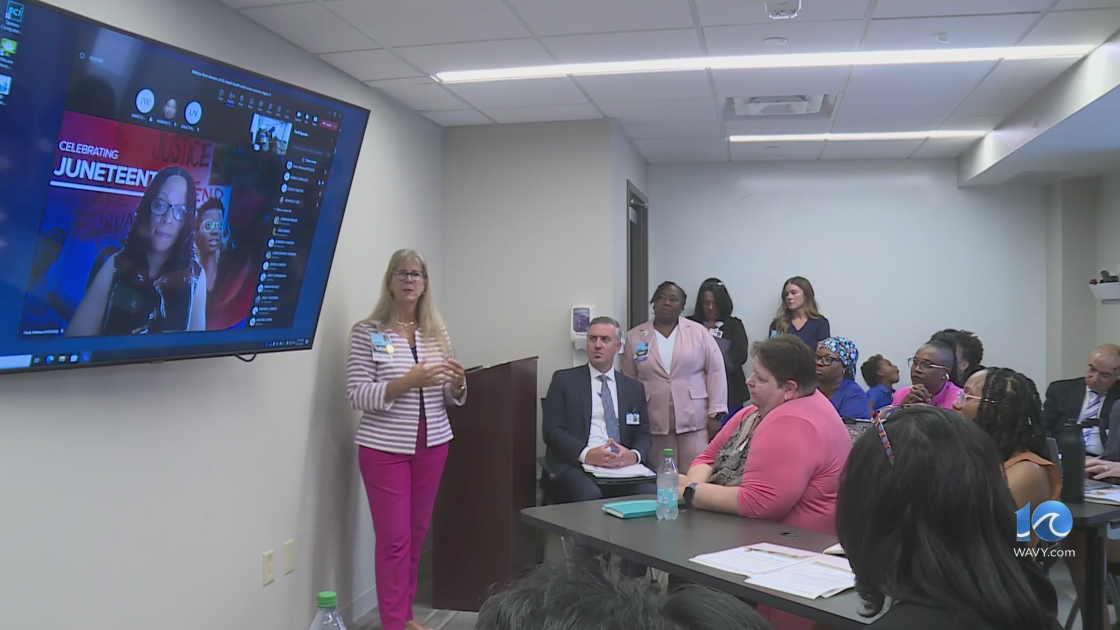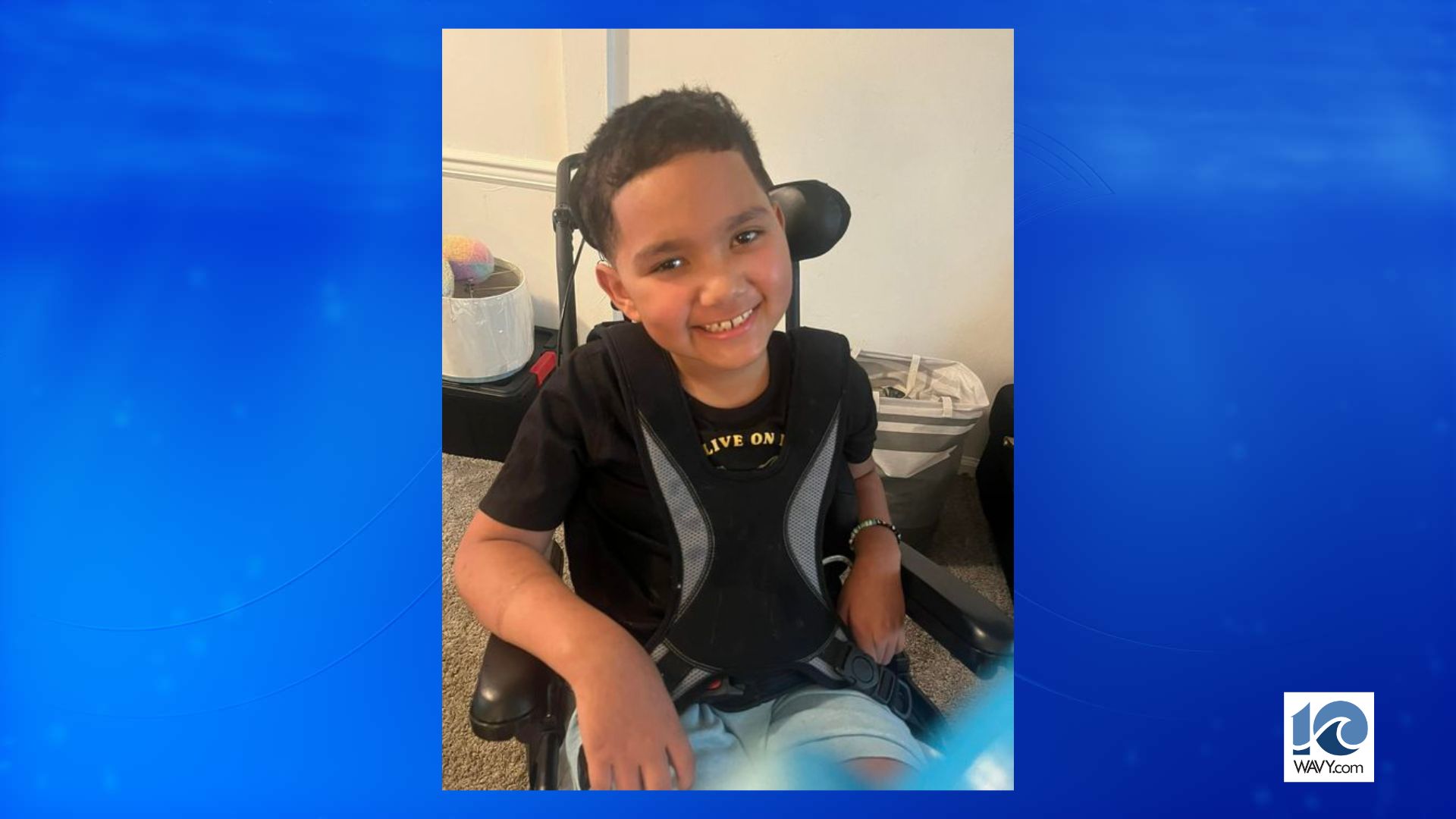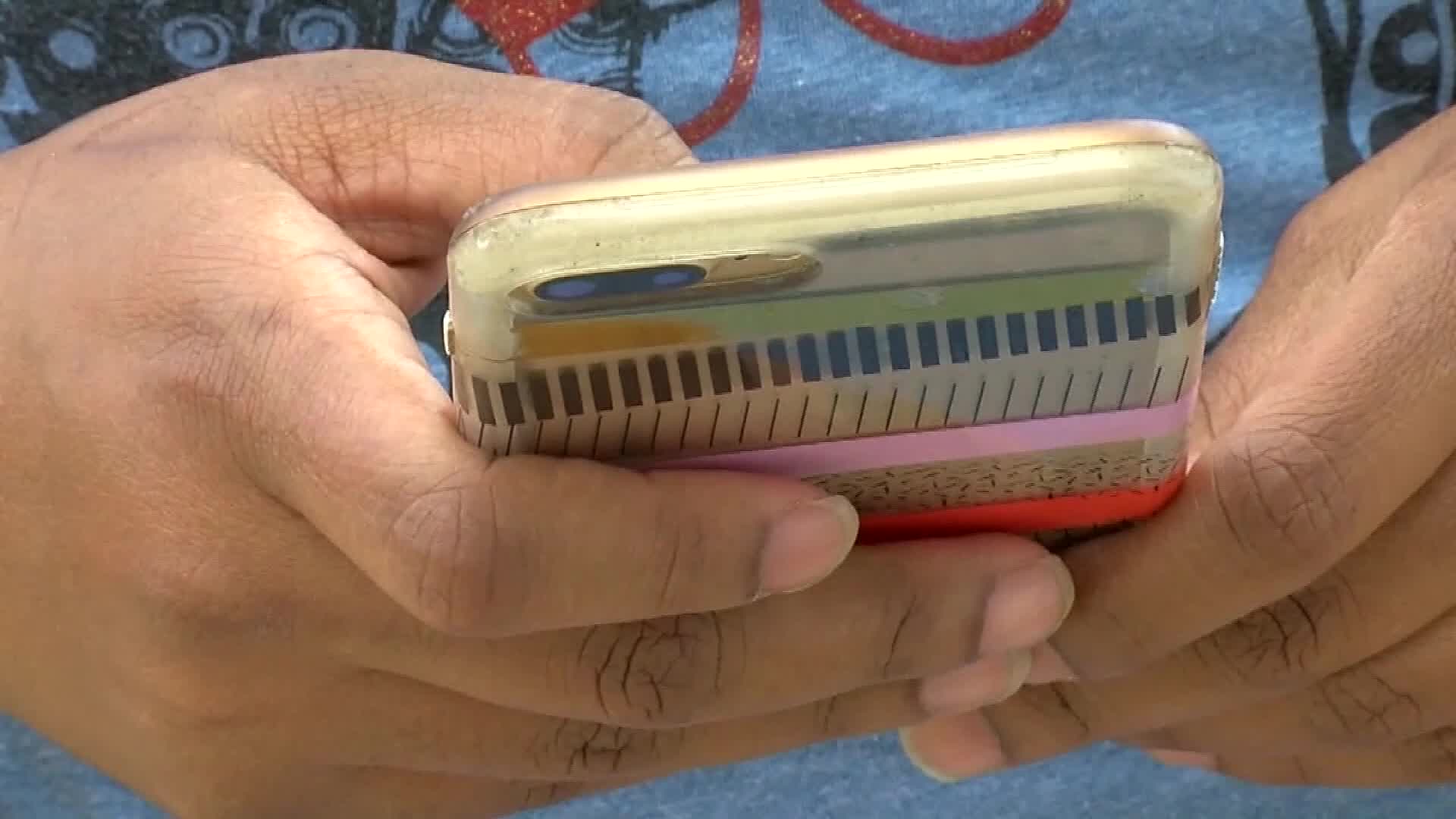NORFOLK, Va. (WAVY) – As students head back to school, parents need to keep an eye on their mental health. One widespread negative impact is bullying. It can affect children’s self-esteem, behavior and daily life.
According to the CDC, about 1 in 5 high school students reported being bullied at school, while more than 1 in 6 reported being bullied electronically.
Dr. Anisha Garg is a child and adolescent psychiatrist at the Children’s Hospital of the King’s Daughters (CHKD). She joined Digital Host Sarah Goode at the Digital Desk for the Back to School conversation series. Watch the conversation in the video player on this page.
Garg said both open communication and having a support system are necessary to help children facing bullying make a change.
While you want your children to develop resilience, you have to know when to step in. Advocate for them and encourage them to advocate for themselves. If your child is struggling or being impacted daily, it’s important to step up.
If they tell you they are being bullied, Garg said to listen to them. You should speak to medical providers and connect them with possible interventions and resources.
If children are not able to vocalize problems they are facing, there are red flags to watch out for if they are struggling.
“If you’re seeing changes in mood or behaviors,” Garg said. “So, if they were once outgoing, socializing, and now they’re tending to stay in their room more, not wanting to go out. Seeing changes as far as their eating patterns, eat more, eating less, or sleeping more, sleeping less. Not wanting to get out of bed, those types of things.”
Garg says middle school can be a particularly difficult time for children with moving into adolescence, and it’s a time for self-exploration. She said it’s important to encourage them to do things they love and have positive influences in their lives. Also, talk about comments on social media that are affecting them, and how to respond.
There is a wide range of bullying that she sees in her practice. She is seeing the rise of cyberbullying. It can happen through social media, online platforms, and cell phones.
“Have a conversation with parents and kiddos about how to practices safe internet use”.
If your child is a bully, Garg said it’s important to realize they are experiencing mental health struggles too. Seek help for them, and figure out what might be the underlying issue.
Before children head back to school, talk to them about bullying and what it looks like. Also, let them know that it is OK to talk to you when something is wrong.
Here are resources available on CHKD’s website below.
More Cyberbullying, More Suicidal Thoughts Among Teens: Study
The Most Common Form of Bullying Isn’t Physical or Verbal
How Parents Can Help Prevent Cyberbullying
Additional resources available online, below.
Visit stopbullying.gov
Cyberbullying: How to Help Prevent It



























































